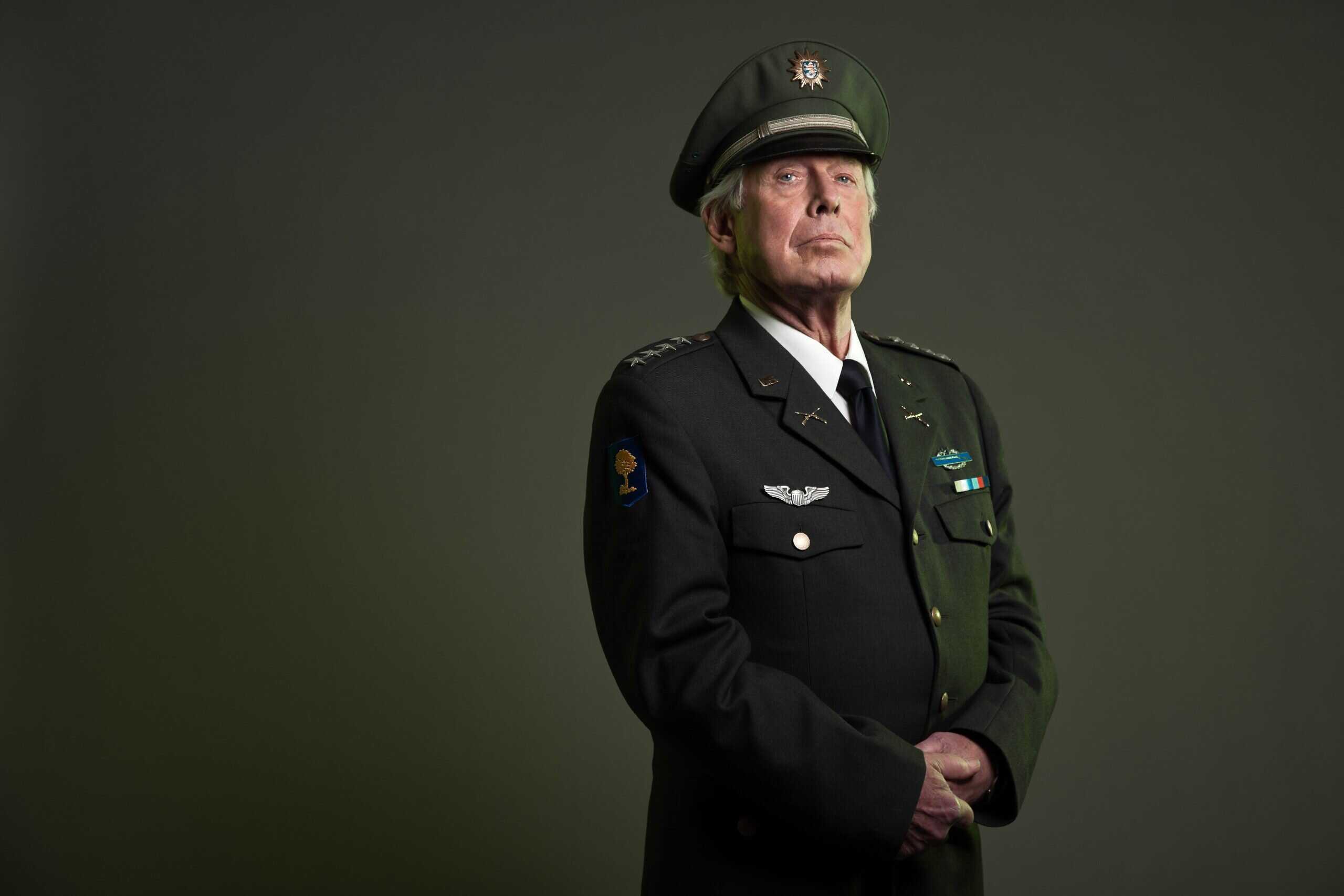
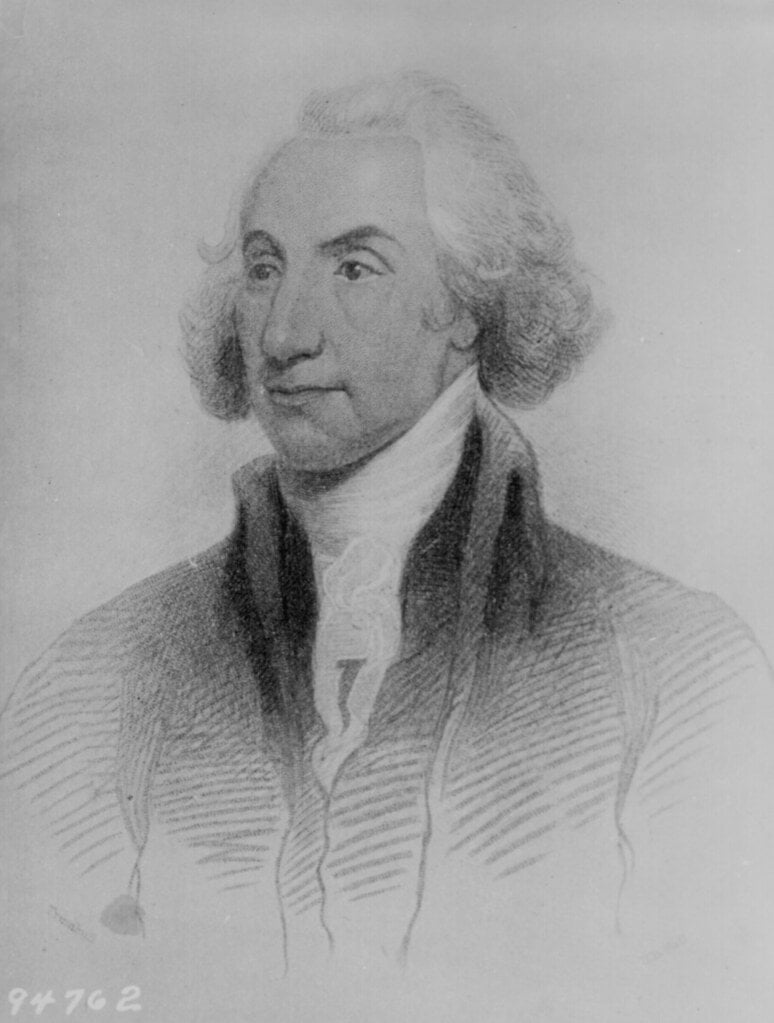
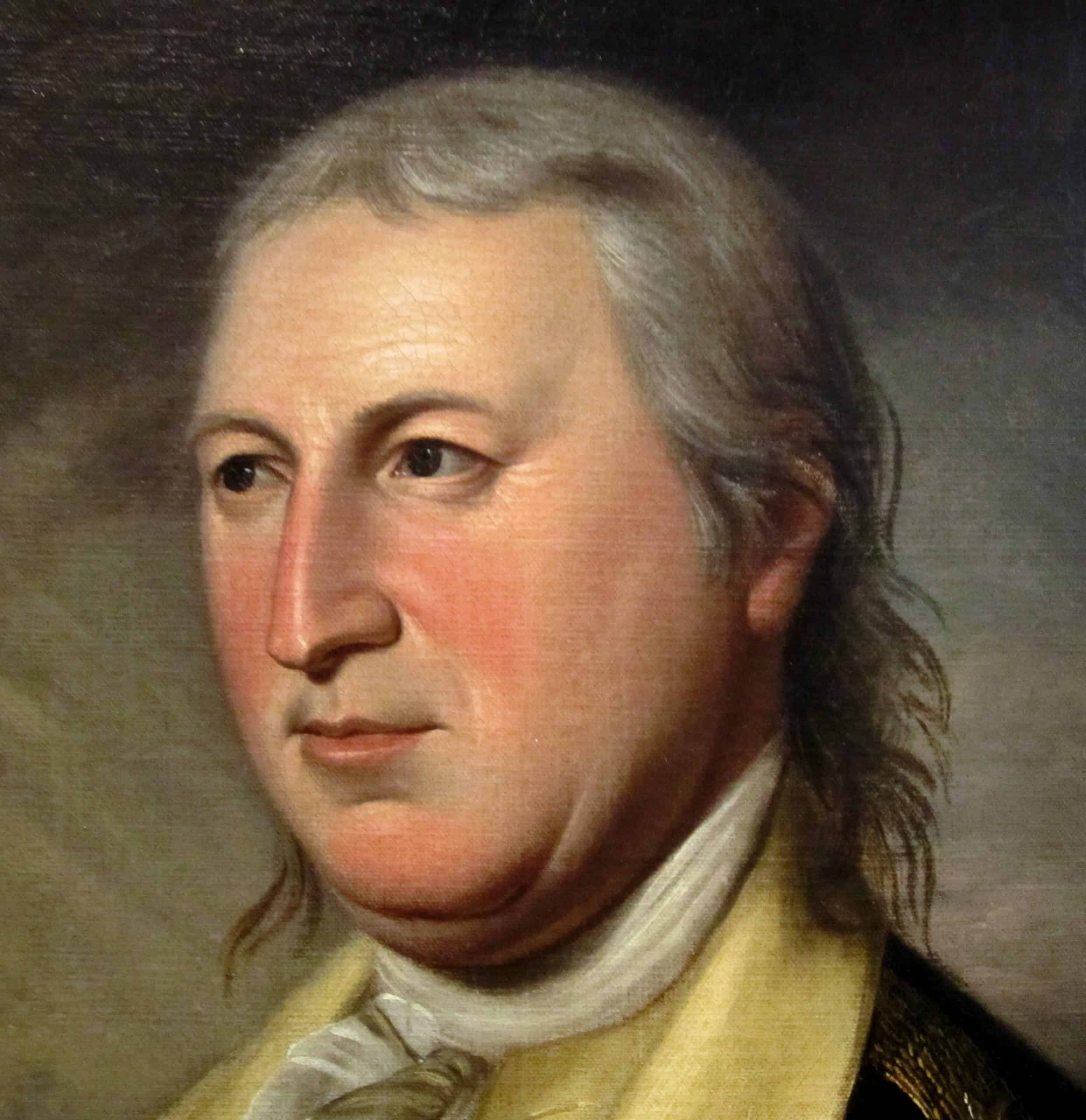
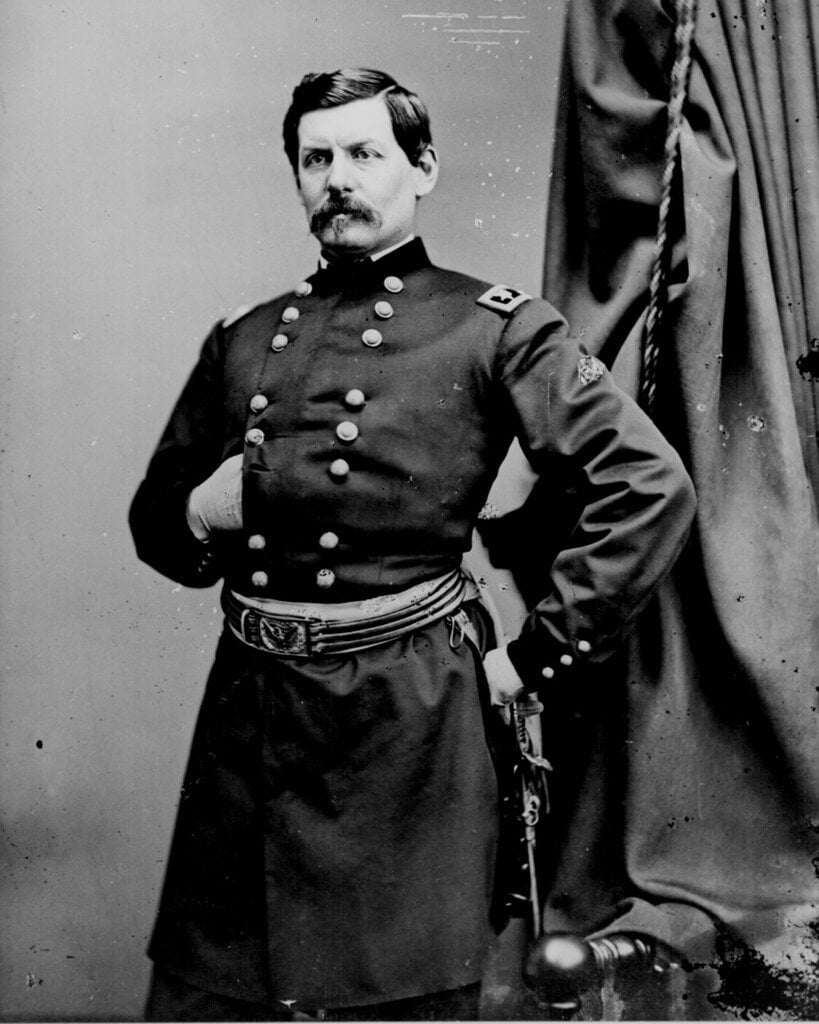
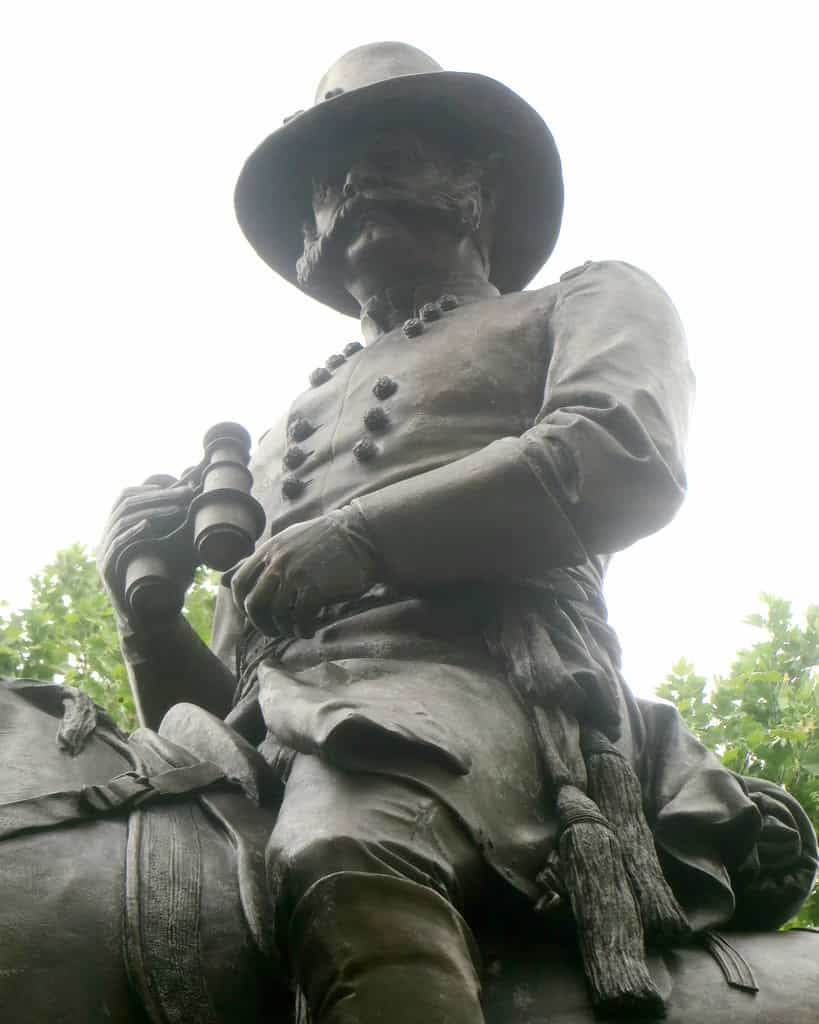
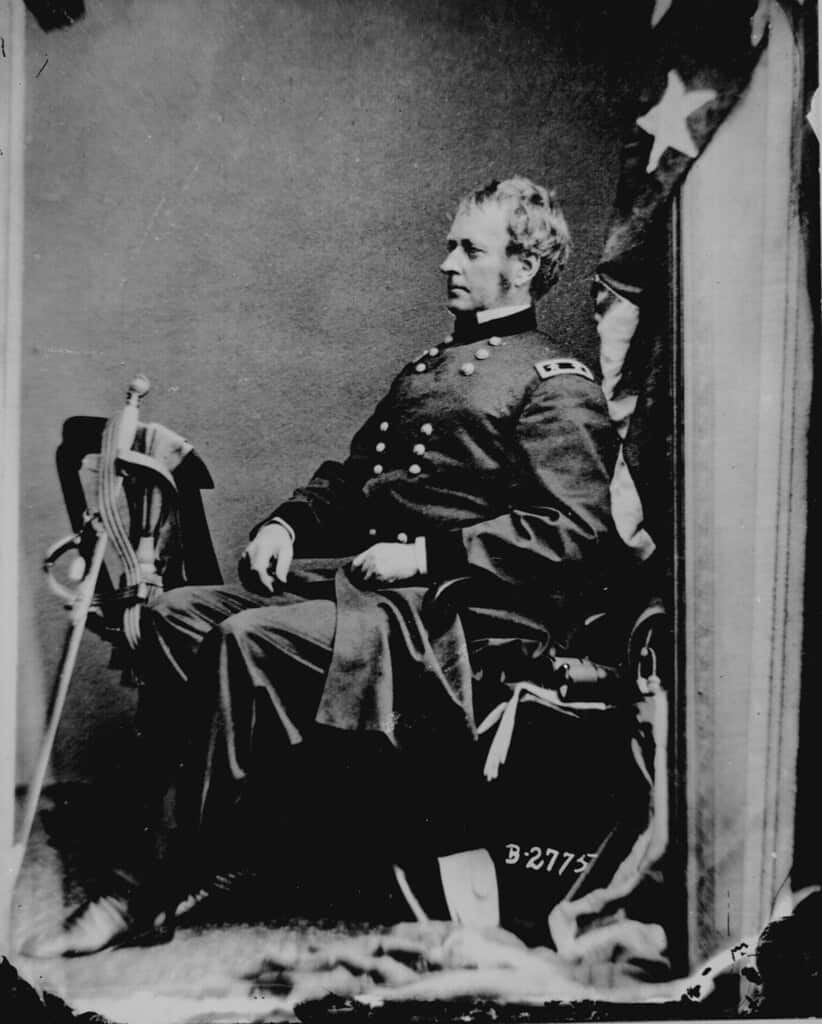
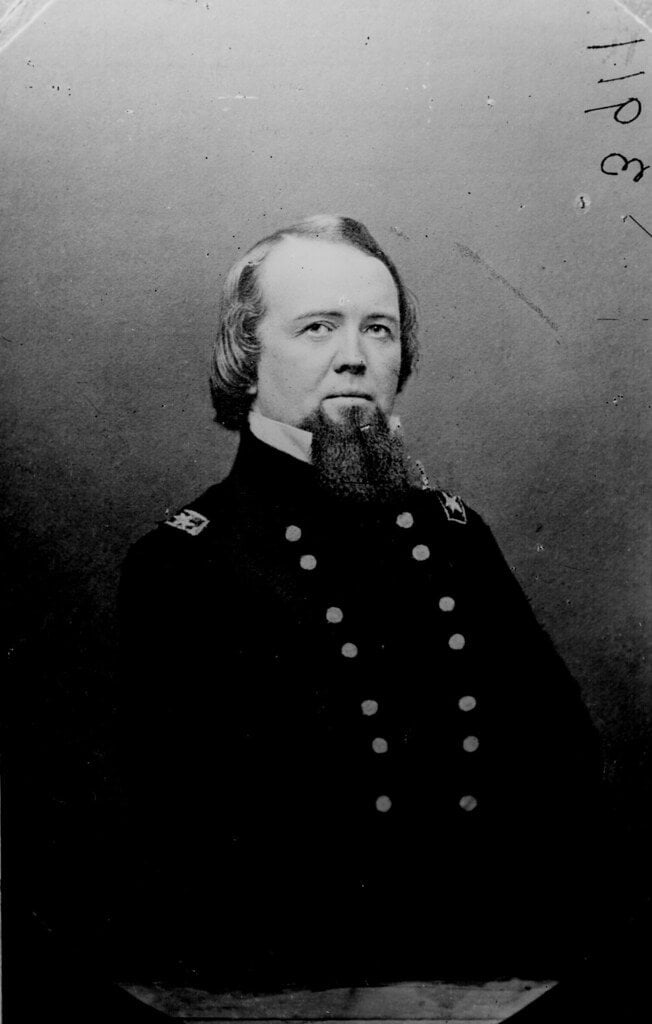
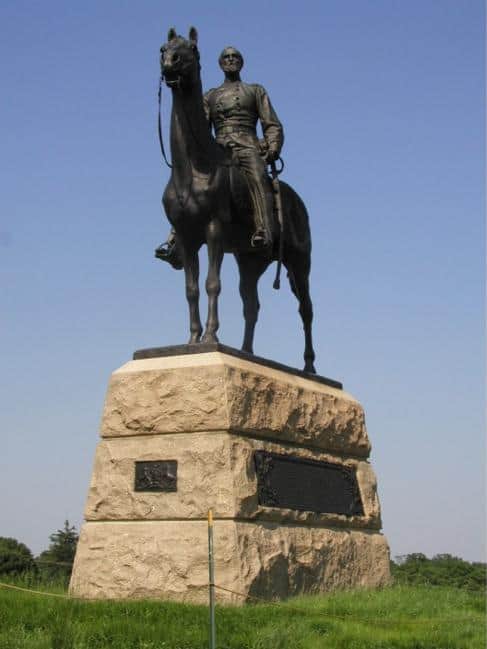
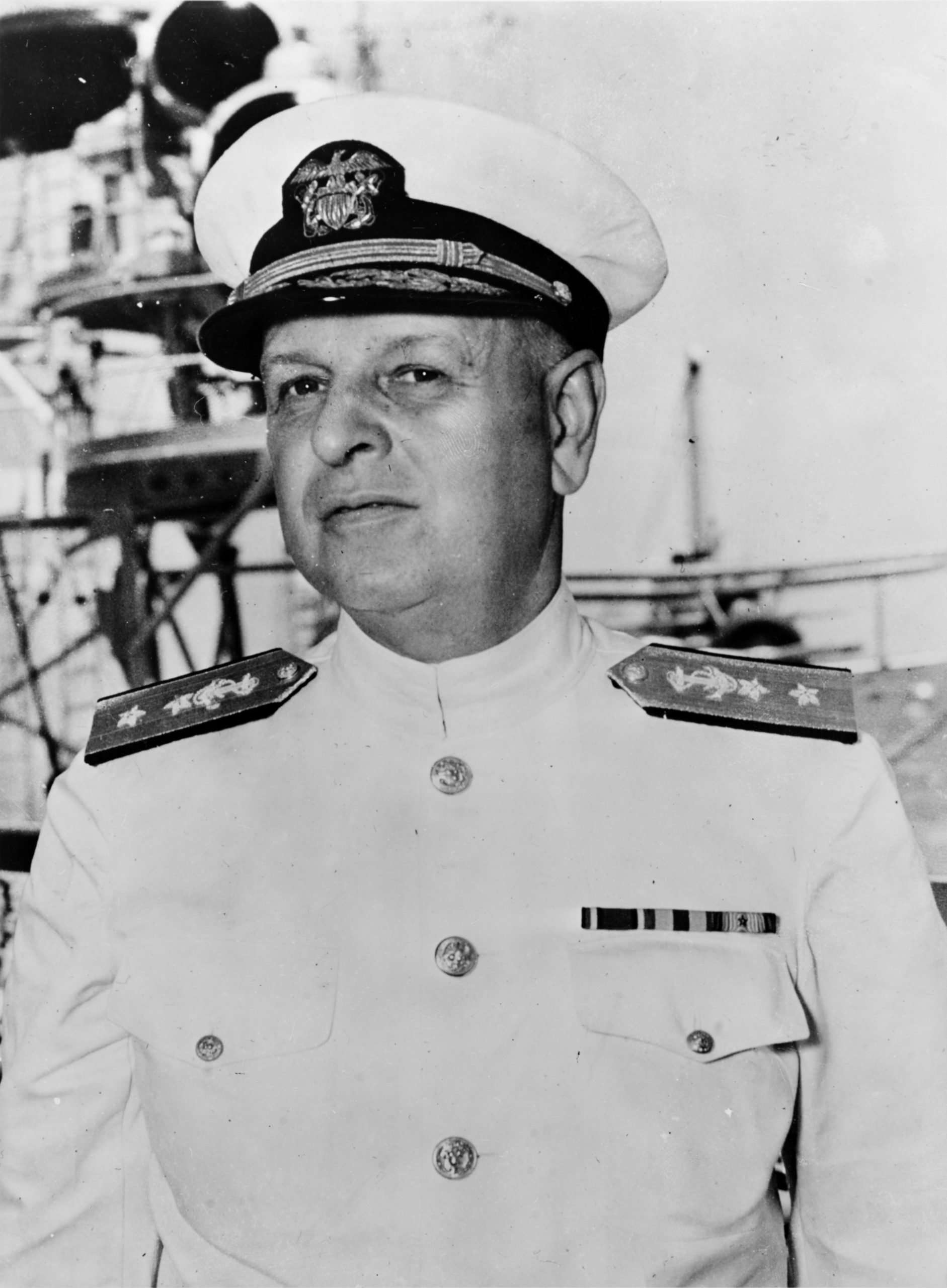
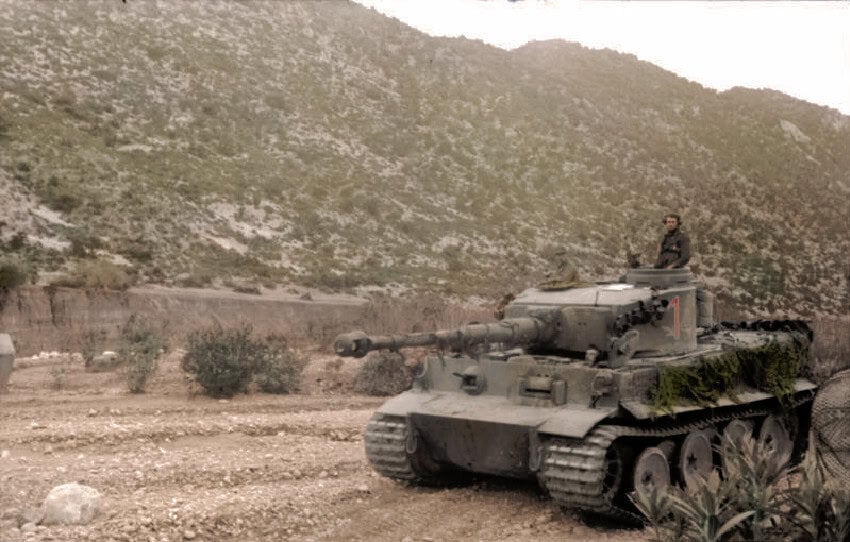
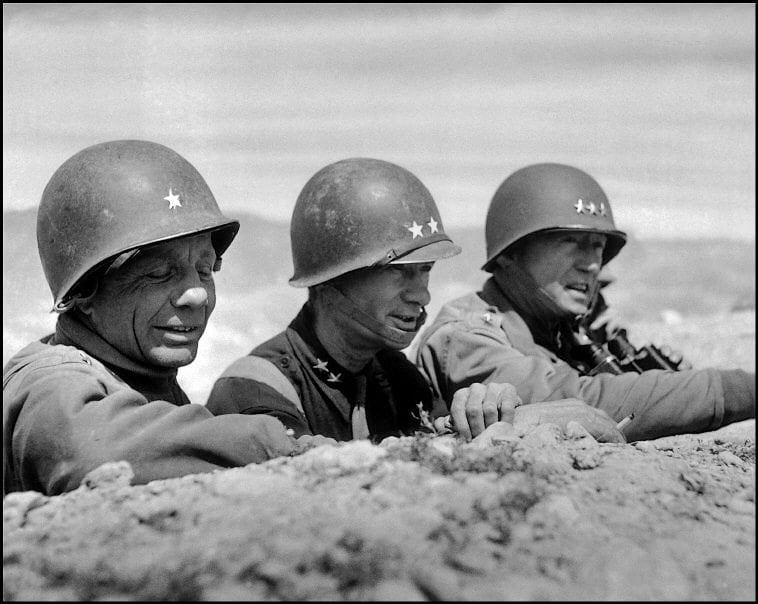
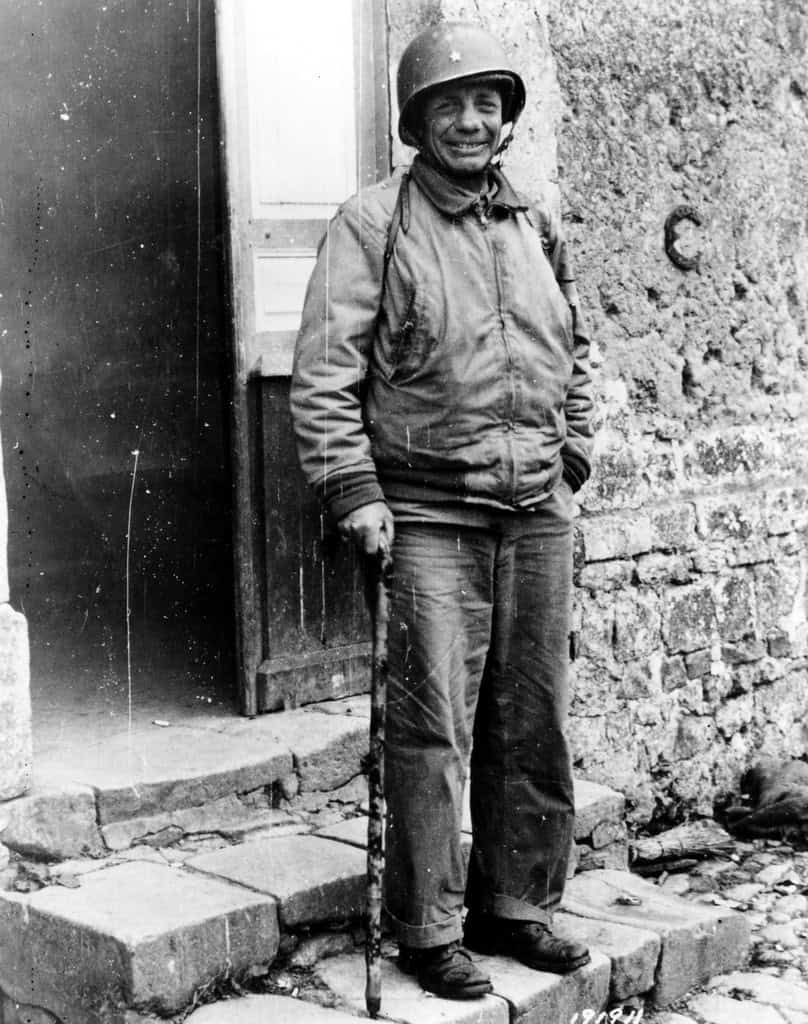
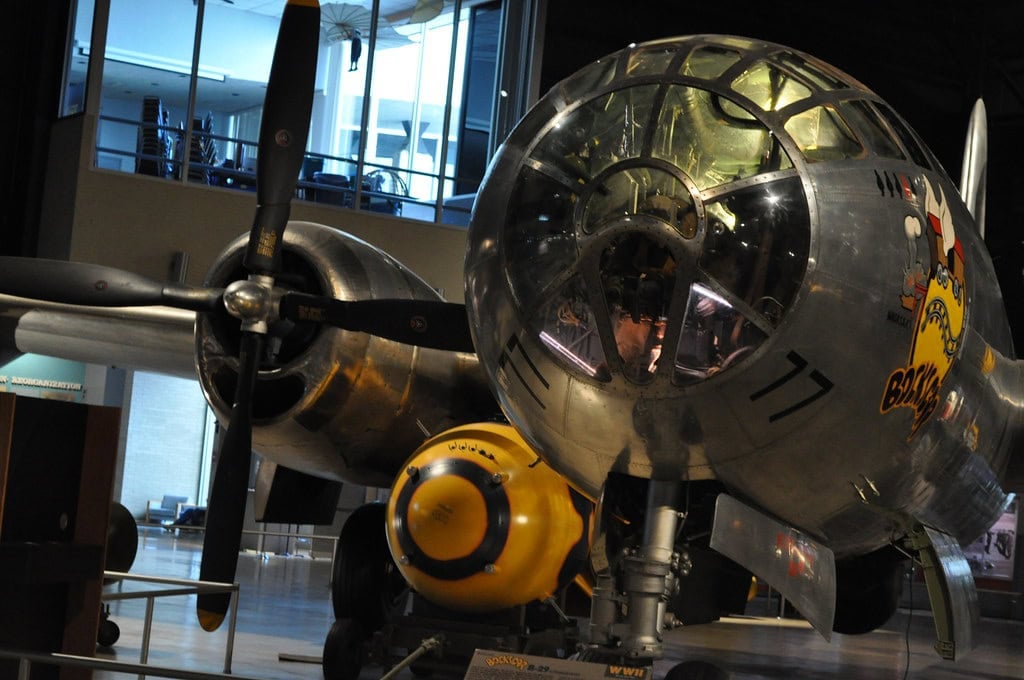
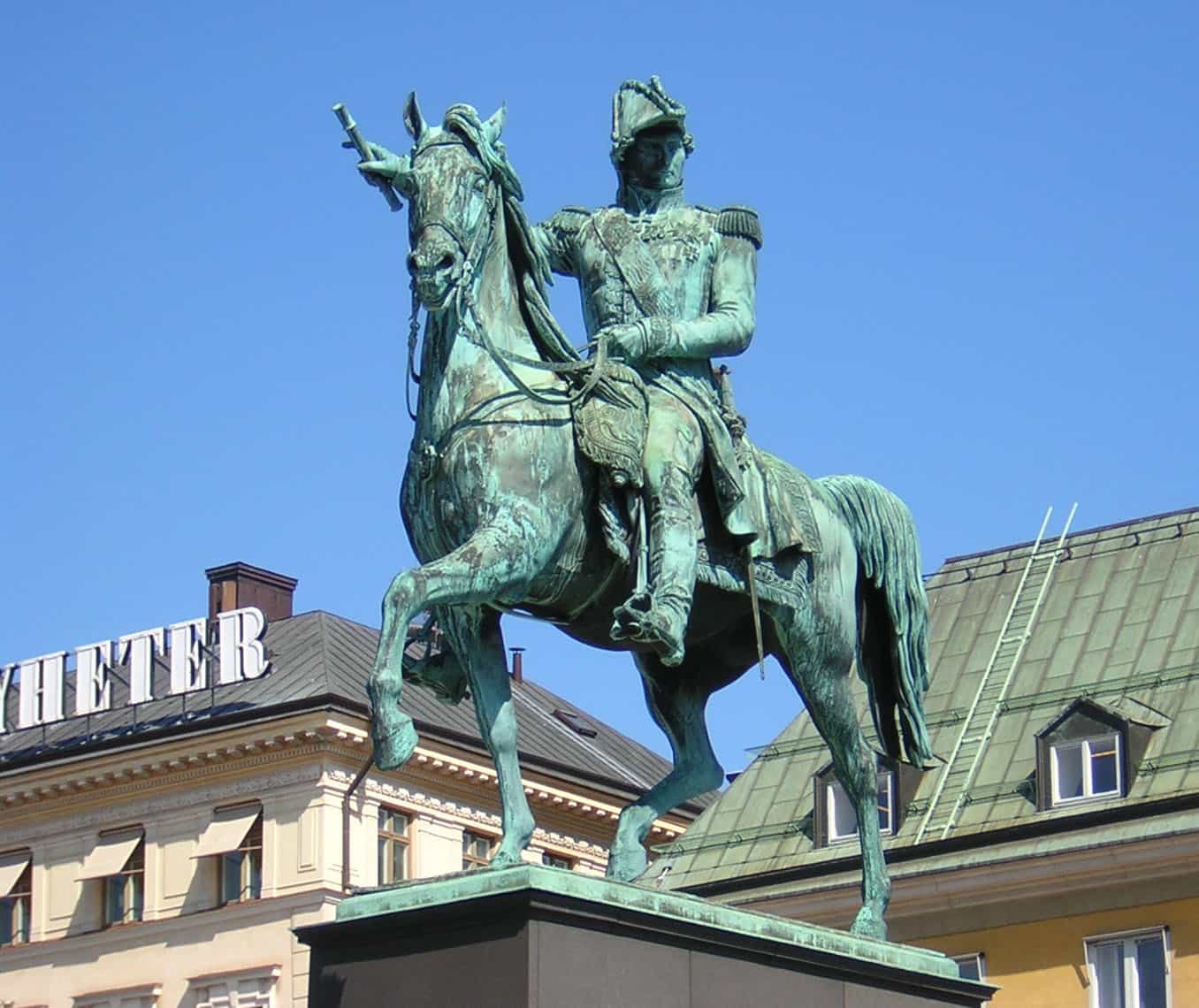
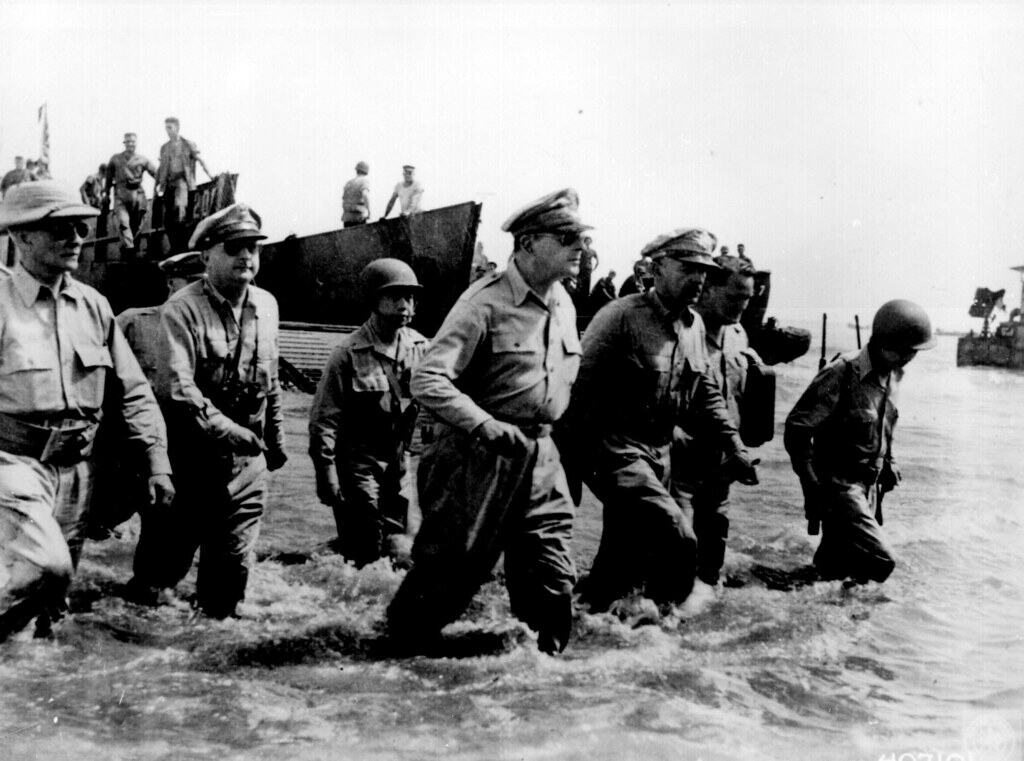
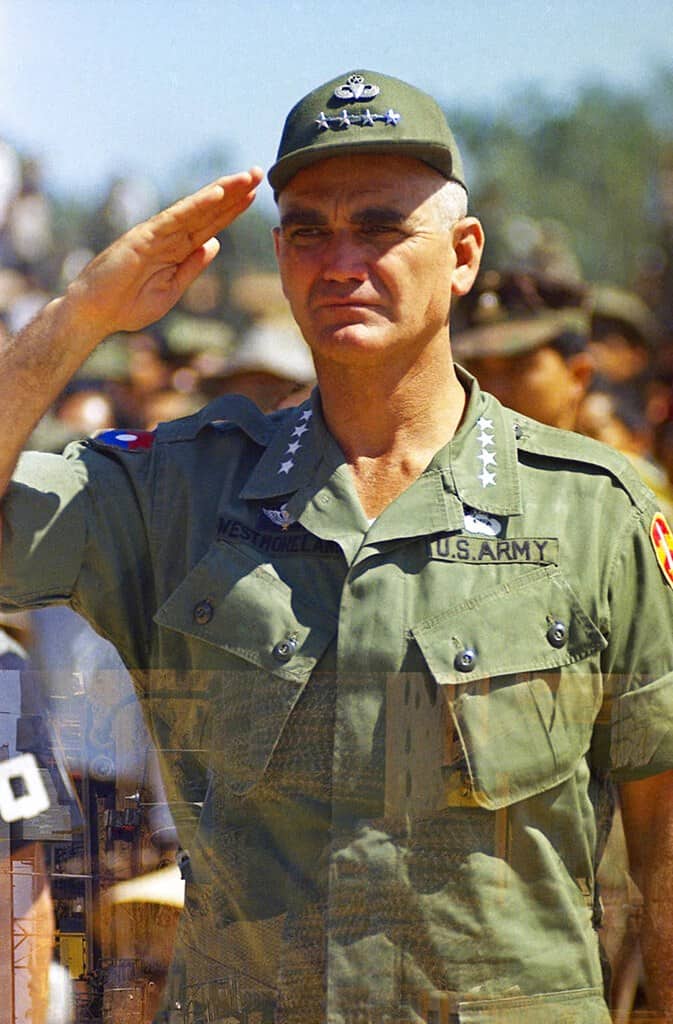
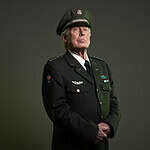
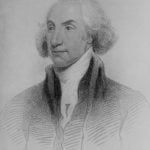
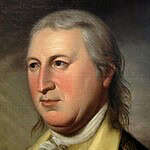
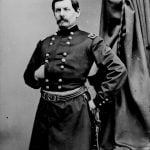
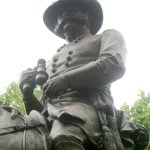
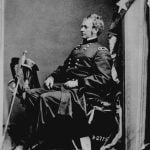
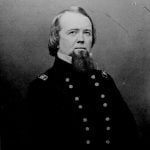
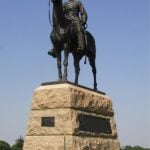
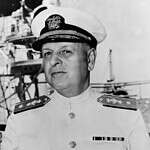


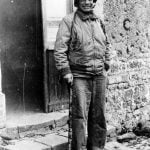


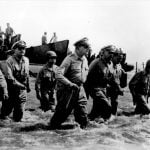

These Military Leaders Were Fired in the Middle of War
Are military leaders fired in the middle of a war? Often, yes, but extreme circumstances are required to get to that point. Often, for someone like a general to get relieved of duty, it takes a monumental error in the line of duty, typically resulting in the loss of men and material. Today, we're looking at leaders who were relieved of their command during wartime.
Philip Schuyler
Schuyler was one of the first appointees to the Continental Army during the American Revolution. During the Saratoga Campaign, Schuyler was tasked with defense in preparation for a British pincer attack. Key forts were almost seized if not for the actions of Benedict Arnold, and Schuyler was ultimately relieved of command following the Battle of Saratoga thanks to an accusation from his immediate successor.
Horatio Gates
Gates did little to dissuade the negative reputation he garnered during the American Revolution. He took command of the Northern Department in 1777, following the resignation of his superior, Philip Schuyler. He was assigned to the Southern Department in 1780, but was relieved of command following a disastrous defeat in Camden. Gates wouldn't take another command for the remainder of the war and retired to his estate until he died in 1806.
George B. McClellan
McClellan was appointed to the top position of General-in-Chief early in the American Civil War. There, he found some early successes in the opening stages of the war, winning political favor thanks to what was seen as a superior grasp of logistics. A disastrous defeat at the Battle of Bull Run did quite a bit to damage McClellan's standing with Union politicians, however, and he was ultimately relieved of command following the Battle of Antietam due to a lack of aggression.
Ambrose Burnside
Burnside is seen as one of the better leaders of the early American Civil War, winning favor thanks to his victories in the Eastern Theater of the war. However, he's best remembered for a disastrous loss at the Battle of Fredericksburg, immediately after he was appointed overall commander of the Army of the Potomac. His successor wouldn't fare much better, in all honesty.
Joseph Hooker
General Joseph Hooker rose to commander of the Army of the Potomac in 1863, appointed on the heels of Burnside's resignation. When flipping through the history books, Hooker is best remembered for the sound thrashing he received from Robert E. Lee at the Battle of Chancellorsville.
John Pope
Pope was baited into a disastrous attack at the Second Battle of Bull Run that saw him relieved of command. Falling prey to a feint by Stonewall Jackson's formation, he eventually saw his forces routed. This led to Pope being banished to the Department of the Northwest. He wouldn't see another major command during the American Civil War.
George Meade
Meade briefly took control of the Army of the Potomac from 1863 to around 1864 or 1865, depending on the sources. He was a key figure at the Battle of Chancellorsville, but made a name for himself at the Battle of Gettysburg. His eventual cautious approach led to Lincoln replacing him as commander shortly after.
Husband E. Kimmel
FDR once cited the attack on Pearl Harbor as a day that would live in infamy. America was caught unaware, and thousands of men had perished in the attack. The overall commander of the U.S. Pacific Fleet, Rear Admiral Husband Kimmel, was ultimately held responsible for the damage of the attack. He was relieved of command thanks to a lack of preparedness and alertness in the wake of a devastating attack.
Lloyd Fredendall
As the commander of U.S. II Corps, Fredendall had a tough task to accomplish. American and British forces were seeking to capture land in North Africa to stage an eventual invasion of occupied France. Fredendall faced a devastating defeat at the Battle of Kasserine Pass and was subsequently fired from his command by General Dwight Eisenhower.
Terry Allen
Allen served in both World Wars, a common occurrence with many who took command during WW2. The Campaign in Sicily would prove to be Allen's undoing. His eventual dismissal from his command was cited as disciplinary reasons with his men alongside high casualty rates in battle. Notably, Patton defended Allen, but Eisenhower found a better position suited for Allen's command for the duration of the war.
Theodore Roosevelt Jr.
Roosevelt was good friends with the aforementioned Allen, and this ran afoul of General George S. Patton during the Sicily Campaign. His dismissal came about as a consequence of his close friendship with Allen. Interestingly, Roosevelt would be the most senior officer to land at Normandy during D-Day, directing troops in the field.
Haywood Hansell
America's air war during WW2 was a battle of wills from the high command. Generals had differing beliefs on how to best conduct a bombing campaign, with Hansell being a strong advocate for daylight strategic bombing. This was a success in Europe, but proved hard to manage in Japan. Eventually, Hansell's lack of results saw him replaced by Curtis LeMay, who used nighttime fire bombing to undo Japan's infrastructure and civilian centers.
Jean-Baptiste Bernadotte
Bernadotte is perhaps best known these days as King Charles XIV John of Sweden and Norway. Historically, however, he served as one of the vital field marshals in Napoleon's Grand Armée. His dismissal is controversial, not so much due to circumstance, but the overall veracity of the claim. Bernadotte may have been dismissed following the Battle of Wagram in 1809, but it is moot as he would be crowned king just 9 years later.
Douglas MacArthur
MacArthur was one of the guiding forces of WW2, especially in the Pacific Theater, which made his eventual dismissal during the Korean War a shock for the American public. MacArthur was dismissed following a set of costly defeats following China's entry into the war. MacArthur was relieved of command in 1951, something done by President Harry S. Truman in a surprise move.
William Westmoreland
Westmoreland holds the distinction of being the most recent entry on our list, and one that is mired somewhat in a bit of backroom politicking. Westmoreland was in command of American forces in Vietnam during the war. He championed a strategy of attrition, which came to a head in 1968 during the start of the Tet Offensive. General Westmoreland was reassigned to the position of Chief of Staff the same year, which many believe was a kick upstairs to get someone different in command.
The image featured at the top of this post is ©Ysbrand Cosijn/Shutterstock.com